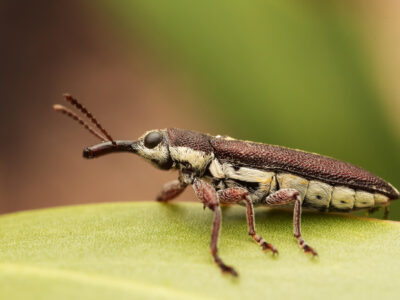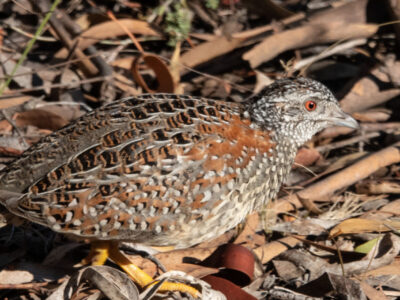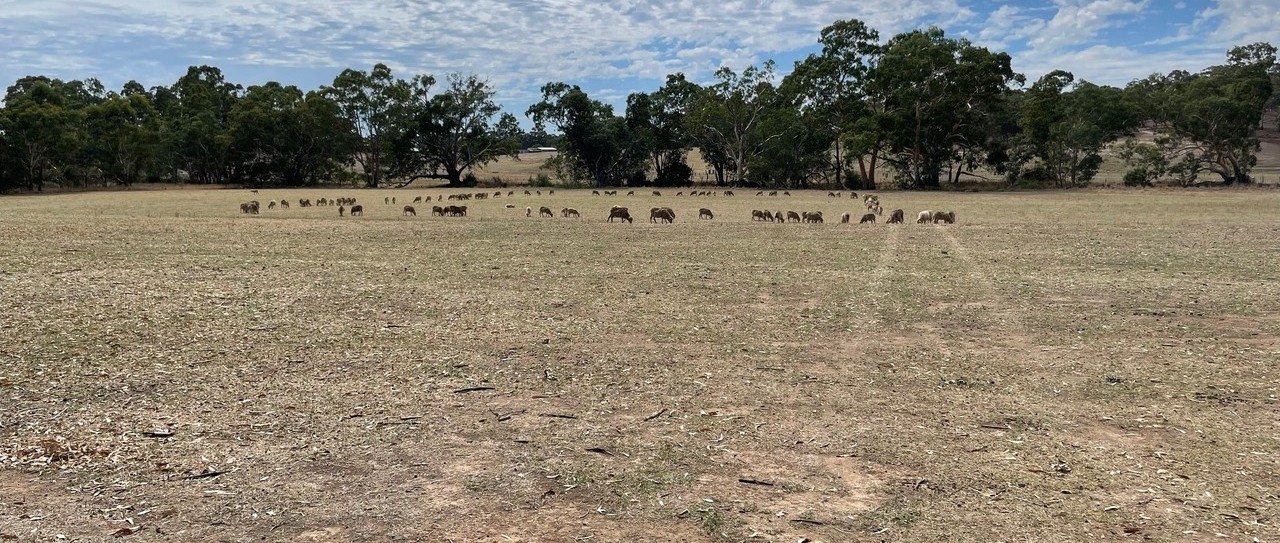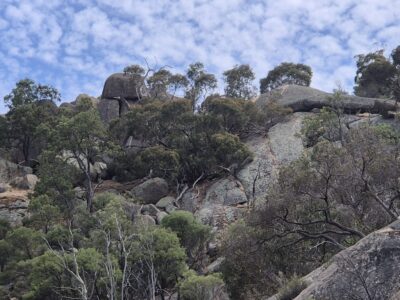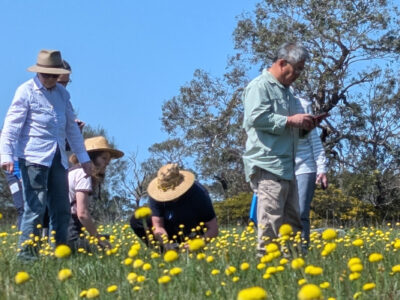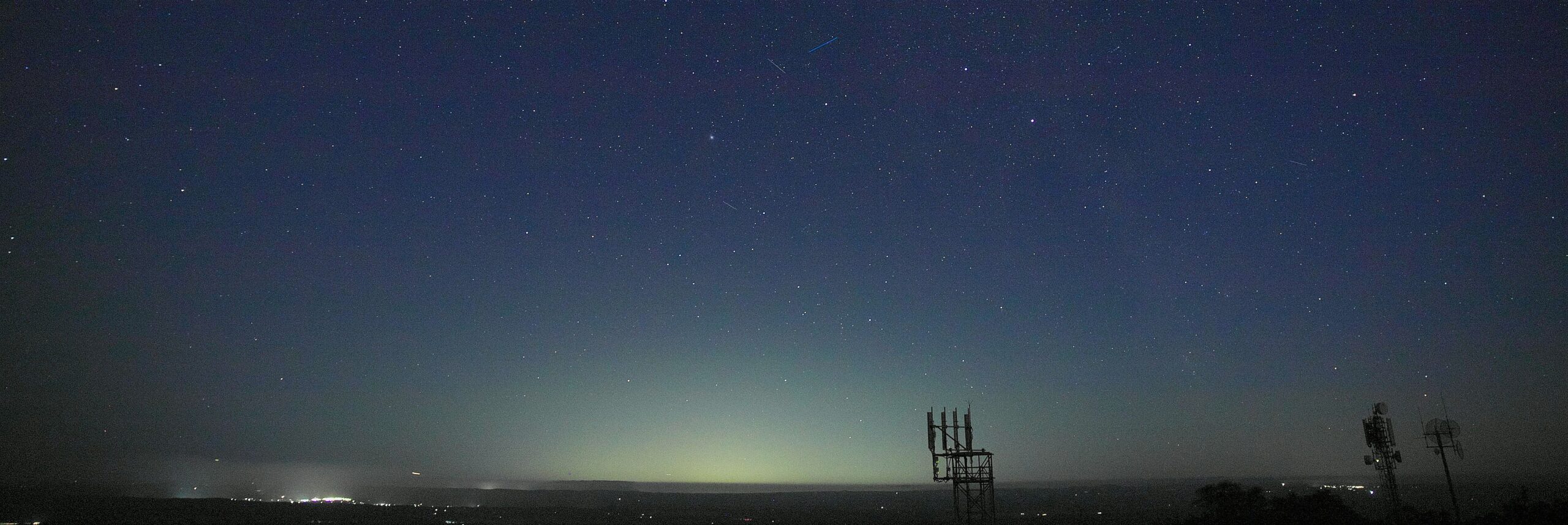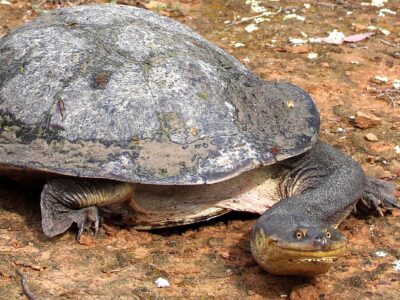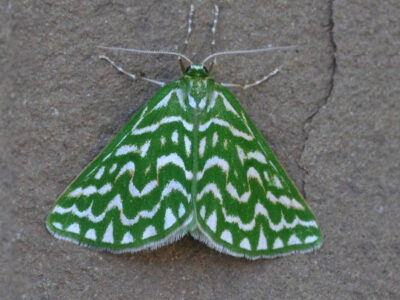Monthly General Meeting, Friday 13th February 2026, 7.30pm. Uniting Church Hall, Lyttleton St.
We are privileged to have local entomologist Patrick Kavanagh launch our new “Butterflies of the Mount Alexander Region” brochure at our February Monthly Meeting. Patrick has lived in a patch of box woodland at Strangways for 30 years. He uses macrophotography to discover the tiny invertebrate life that makes the local ecosystem work. Following the […]
